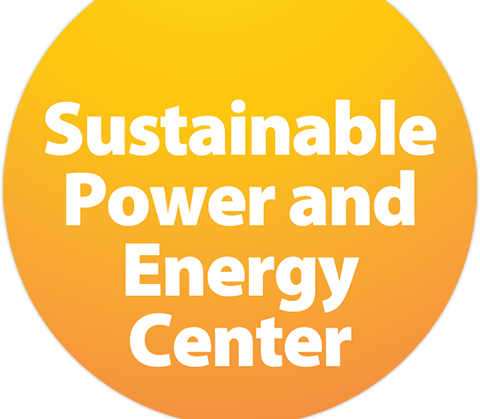We use theoretical, computational, and experimental approaches to study, improve, invent, characterize and troubleshoot materials, devices, and systems for energy storage. We collaborate. We test our devices on UC San Diego’s sought-after microgrid.
We address cost and performance bottlenecks with a focus on materials science and nano- and atomic-scale engineering research.
We are nanoengineers, materials scientists, chemists, and micro-grid experts. We are leaders in electrical, structural and chemical engineering as well as the economics of renewable energy. We are professors, students, and research scientists. We partner with companies large and small, U.S. national labs and other universities.
We are much greater than the sum of our parts. Together we are the Sustainable Power and Energy Center at UC San Diego.
Research Applications
Better Batteries for Electric Vehicles
- safer lithium-ion batteries
- longer-lasting lithium-ion batteries
- higher-efficiency lithium-ion batteries
Better Batteries for Grid Storage
- improved batteries for storing large amounts of renewable energy and supplying that energy to the grid when it's needed most
- new high-performance batteries made with a larger proportion of materials such as sodium that can be inexpensively and responsibly sourced from the United States
New Energy-Storage Materials Development
- theoretical and computational work
- we bring "big data" to materials discovery
- cutting-edge characterization techniques
Wearable Solar and Printable Batteries
- new forms of organic and flexible photovoltaics
- printable batteries (and related printable electronics)
- solar concentrator technologies
- improved solar panel technologies
Thermoelectrics
- personal thermal regulation for cooling applications
Supercapacitors and Fuel Cells
UC San Diego Microgrid
UC San Diego is home to one of the world's most advanced microgrids, which enables researchers to conduct tests on experimental devices in both laboratory and grid-connected conditions. UC San Diego was recently awarded $3 million by the U.S. Department of Energy's Advanced Research Projects Agency-Energy (ARPA-E) to help move innovative energy storage technologies out of the lab and into the market.
Economic Analyses
The Center reaches out beyond engineering and physical sciences to study economic and sociological issues that need to be addressed to create truly robust ecosystems for low-carbon electric vehicles and carbon-neutral microgrids.
Why San Diego?
San Diego is a great place to develop the battery and other energy-storage and power management technologies society needs. The mild climate offers ideal conditions for maximizing battery life and performance in electric vehicles, microgrids and more. In addition, San Diego's abundant sunshine and extensive photovoltaic installations support electric-car-charging infrastructure powered by the sun.
San Diego is, of course, home to the University of California, San Diego. The Jacobs School of Engineering at UC San Diego is a top-ten engineering school that includes the first academic department of nanoengineering in the country, as well as world-class materials science, chemical, electrical, mechanical and structural engineering research groups. These engineers work seamlessly across the university with top researchers in chemistry, physics, and economics.
Together these interdisciplinary research teams have the unique opportunity to test power and energy storage devices and systems on UC San Diego's world-renowned microgrid.

